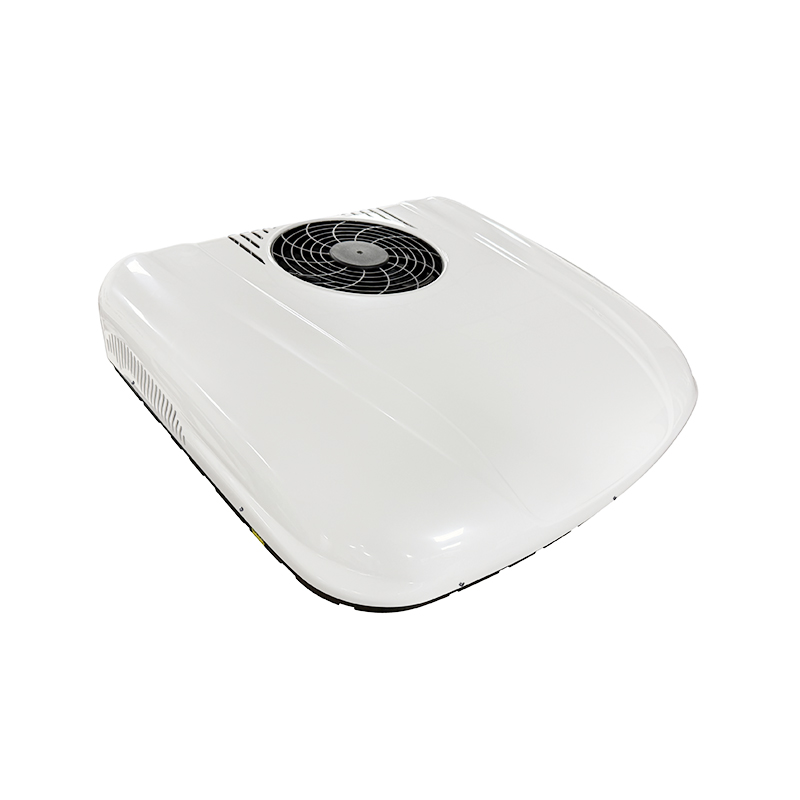Selecting the right air conditioner for a dump truck isn't only about power—it's also about efficiency and environmental impact. Traditional AC units can be energy-intensive and may rely on refrigerants that are harmful to the environment. Newer, more eco-conscious systems are designed to deliver cooling with lower energy consumption and use refrigerants with reduced global warming potential (GWP).

When choosing an AC system for a dump truck, consider electric or hybrid models. These systems are especially beneficial when the truck is frequently idling or used in off-road or construction environments. Electric units can run independently of the engine, lowering fuel use and emissions during rest or wait times.
In addition to the type of system, proper insulation of the cabin and regular maintenance—such as cleaning filters and checking for refrigerant leaks—can help improve overall efficiency. A well-maintained system not only lasts longer but also operates with a lighter environmental footprint.
Greener dump truck AC system is achievable with a thoughtful selection and consistent upkeep. It's a practical way to improve cabin comfort without compromising on environmental responsibility.
The condenser is a key component of any air conditioning system, and in a pickup truck, it plays a vital role in ensuring the cabin stays cool, especially during warmer months. It's located at the front of the vehicle, usually in front of the radiator, and is responsible for dissipating the heat collected from inside the cabin.
Here's how it works: after the refrigerant absorbs heat from the interior through the evaporator, it becomes a high-pressure gas. This gas flows to the condenser, where it is cooled down and turned back into a liquid. This phase change releases heat to the outside air. In simple terms, the condenser takes the warm air from the cabin and transfers it outside.
A well-functioning condenser ensures efficient cooling performance. However, it can get clogged with debris or become damaged over time, especially in work trucks that face dusty or rugged environments. Common signs of a failing condenser include weak airflow, reduced cooling efficiency, or strange noises from the front of the vehicle.
To keep your pickup's AC system running smoothly, it's important to regularly inspect and clean the condenser. Periodic checks can prevent overheating and extend the lifespan of the entire cooling system. Understanding this component helps truck owners take better care of their vehicles and avoid unexpected breakdowns.
While the condenser releases heat to the outside, the evaporator is the part of your box truck's AC system that cools the cabin. Located inside the dashboard, the evaporator's job is to absorb heat from the air inside the truck and circulate cooler air back through the vents.
The process begins when cold liquid refrigerant enters the evaporator coil. As warm air from the cabin passes over the coil, the refrigerant absorbs the heat and evaporates into a gas. The fan then pushes the cooled air back into the cabin, lowering the temperature. At the same time, the evaporator helps dehumidify the air, making the atmosphere more comfortable for the driver.
For drivers who spend long hours on the road, especially in summer, a reliable evaporator is essential. If the evaporator gets clogged with dust or mold, airflow can be restricted, and cooling efficiency drops. It can also unpleasant odors or foggy windows due to excess humidity.
Maintenance is relatively simple but often overlooked. Replacing the cabin air filter regularly and keeping the AC system clean can prevent evaporator issues. In commercial box trucks, where AC systems are subject to frequent use, early attention to evaporator performance can prevent downtime and keep drivers productive.